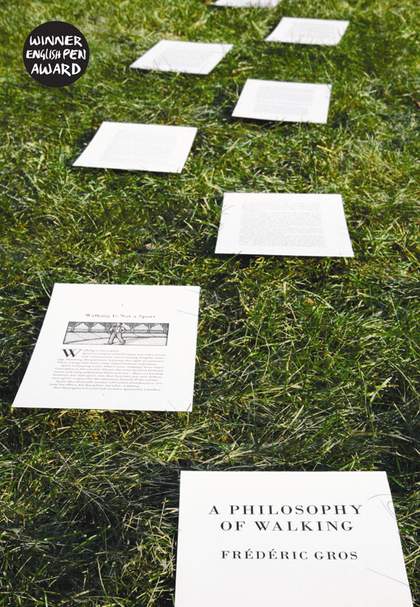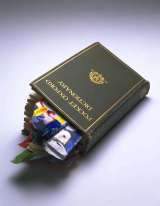By walking we escape the idea itself of identity, the desire to be someone, to have a name and a history…The freedom experienced when walking is about not being anyone because the body that walks has no history; It just has an eternal current of life.
Frédéric Gros

Frédéric Gros, A Philosophy of Walking
This event invites us to reconsider the everyday activity of walking as a philosphical, spiritual and creative activity, which has played a central role in the work of thinkers, artists and writers alike. In A Philosophy of Walking, Frédéric Gros charts the many different ways we get from point A to point B: the pilgrimage, the promenade, the protest march, the nature ramble, and demonstrates what they tell us about ourselves and the society we live in. Many thinkers have worn out their soles in poetic or political acts, from Nietzsche’s wandering ebullition to Rimbaud’s rebellious escapes, from Kant’s scheduled walks to distract himself from contemplation to the Proustian stroll.
In conversation with artist Richard Wentworth, Gros explores the practice of walking as necessary in this era of speed, efficiency and consumption; and what this activity tells us about our experience of time, pleasure and solitude.
Biographies
Frédéric Gros is a professor of philosophy at the University of Paris XII and the Institute of Politcal Studies, Paris. He was the editor of the last lectures of Michel Foucault at the College de France. He has written books on psychiatry, law and war. He lives in Paris.
Richard Wentworth is an artist and chronicler of daily life. Since the 1970s he has played a leading role in British sculpture, isolating both the formal and sculptural qualities of everyday objects. He lives and works in London.


